India loses its Kohinoor… again
As an entire nation is heartbroken on the passing away of the iconic gentleman industrialist Ratan Tata, and you look back upon his illustrious career in the Tata group of companies spanning several decades, you marvel at the simplicity and grace with which he lived his life, and the courtesy he extended even to the most ordinary people. Details of his philanthropy leaves you dazzled and star-struck.
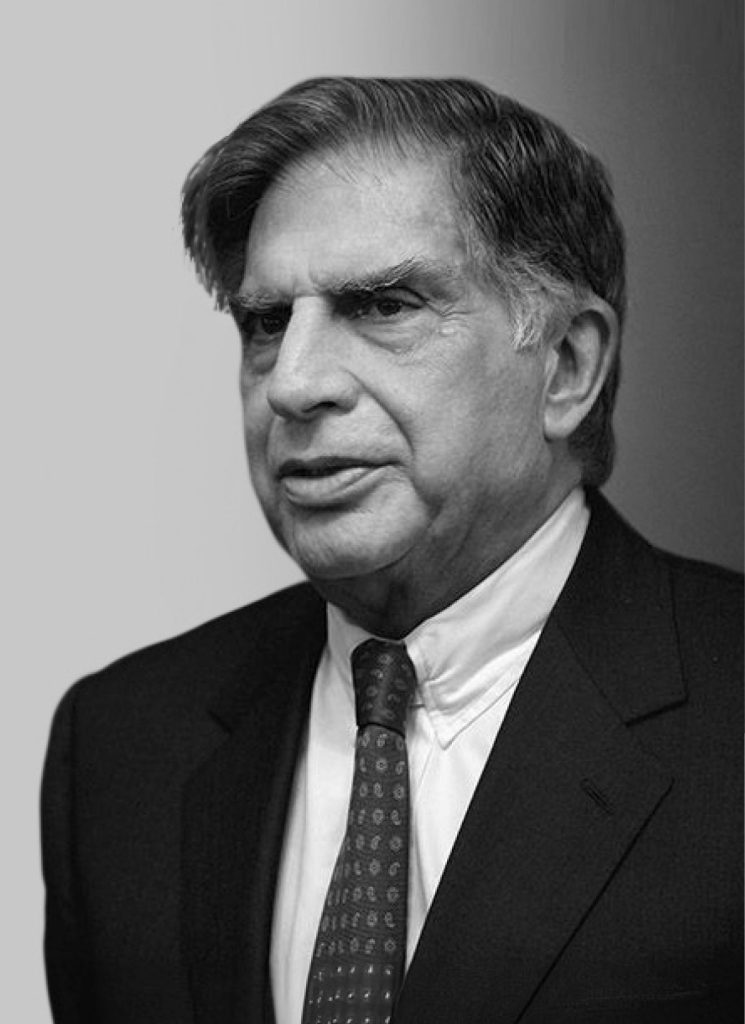
As news of his passing away devastated the whole country, tributes started pouring in. The rich and the famous, celebrities, business tycoons and industrial giants, of course paid tribute, but it was the unsung heroes who really captured the true and deep pain that millions of Indians felt in their hearts. ‘The man with zero haters is no more’, a simple message on the social media from an unknown person summed up the essence of the man.
Unquestionably the most admired among India’s business leaders, specially for the ethical manner in which he led one of India’s most trusted business empires, it was Ratan Tata, handpicked by the great JRD Tata to be his successor, who took the Tata group of companies, already trusted brand, to a highly successful multinational corporation with international brands such as Jaguar and Land Rover. We will come to the very interesting story of how he did the last a little later in this tribute.
In a Facebook interview posted in 2020, Tata recalling his childhood, said: “I had a happy childhood, but as my brother and I got older, we faced a fair bit of ragging and personal discomfort because of our parents’ divorce, which in those days wasn’t as common as it is today.” It is difficult to understand how there was nothing flashy and flamboyant about a man who had spent his entire life, right from childhood, in utter luxury. He had grown up literally in a palace in Bombay, that was serviced by nearly 50 domestic helpers, and went to school in a luxury Delage car, before he was sent to the US for his high school.
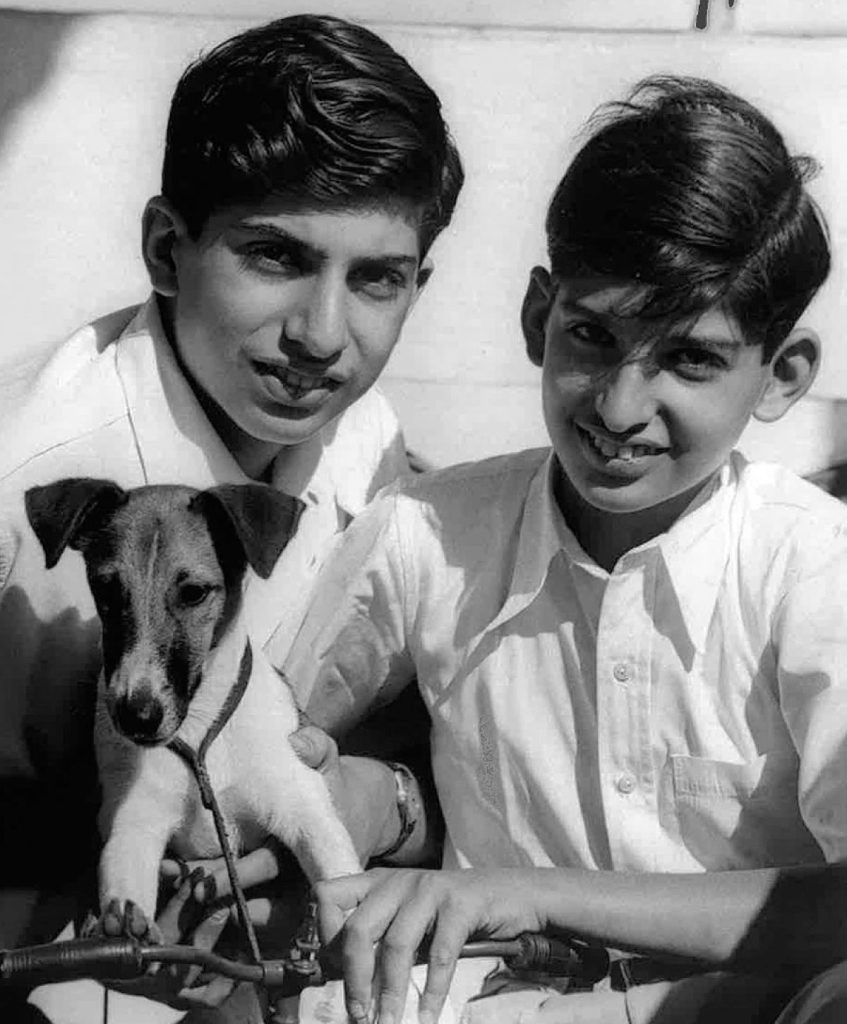
He graduated from the Cornell University with a degree in structural engineering and architecture. He had initially enrolled for mechanical engineering, but changed his major two years later. He served as a trustee on the Cornell board for several years, and was its largest international donor, with 305 Tata scholarships being awarded to 89 students from India.
Philanthropy was second nature to him, in accordance with the Tatas’ penchant for charity, and he was a great lover of animals. In his later years he helped scores of startups and also set up healthcare facilities for animals.
But despite his uber rich family and international exposure, his love for flashy cars and flying planes, he was a shy man, who shunned publicity and limelight, made very few public appearances and was quite a loner. His humility and charismatic personality were classic examples of how a highly successful person can be graceful in his demeanour.
Almost all industrial and business tycoons have their Ratan Tata story, but Infosys co-founder N R Narayana Murthy summed it up neatly when he described him as “competent, humble, courteous, curious, concerned, and patriotic. On the rare occasions when he disagreed, he was not disagreeable. Whether he was speaking to an admiring teenager or a much-respected senior business person, his sincerity, depth of knowledge and his legendary courtesy shone through effortlessly.”
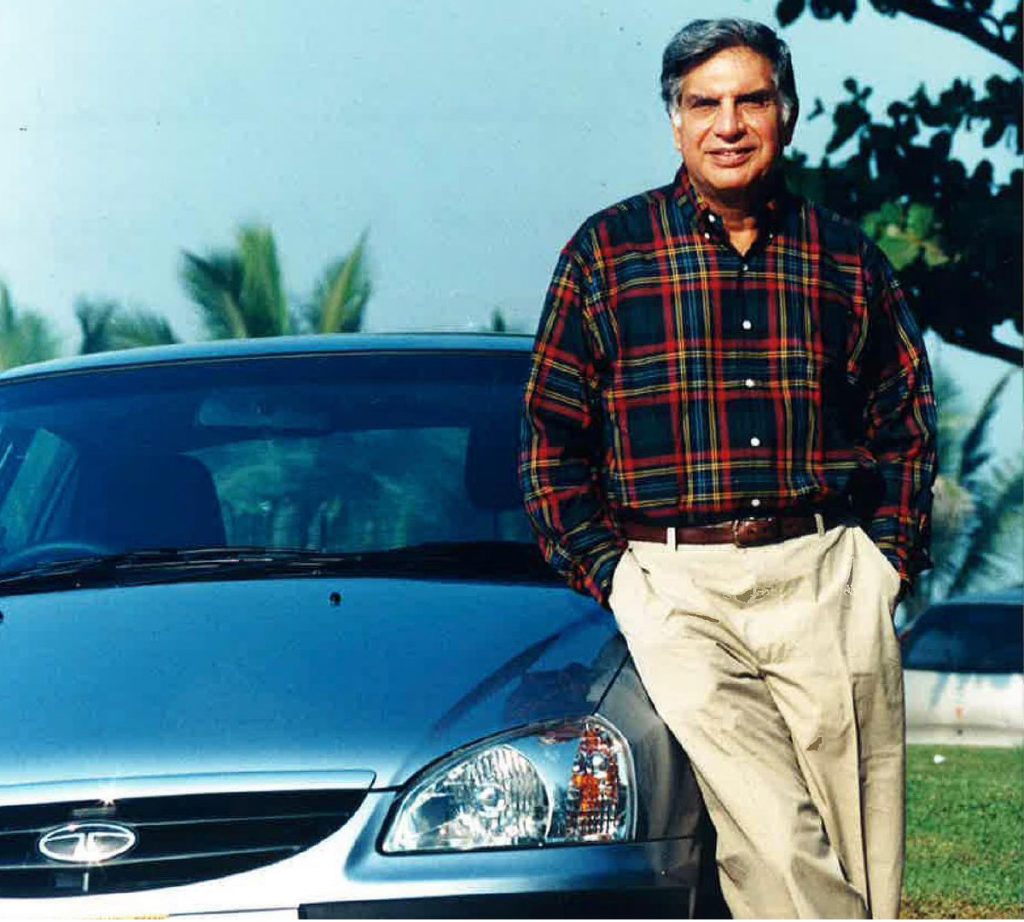
Even though Tata leaves behind the legacy of a conglomerate, which he literally turned into a salt-to-software giant, and whose reach and profits multiplied during his time at its helm, it was not as though he did not have to face humiliation, stiff opposition and failures (teleservices), and near revolt against his leadership in his earlier years. His brainchild, the Nano car, was a failure, the acquisition of the British steel giant Corus was a disaster, and the Tata teleservices business was a fiasco.
But arguably the roughest time he faced was from the then TISCO (Tata Steel) chief Russi Mody in the late 1980s. In 1991, when JRD Tata decided to step down and hand over the reins of the Tata group to Ratan Tata, there was widespread disbelief as there were several senior contenders such as Mody, who really resented JRD’s choice of the young rookie.
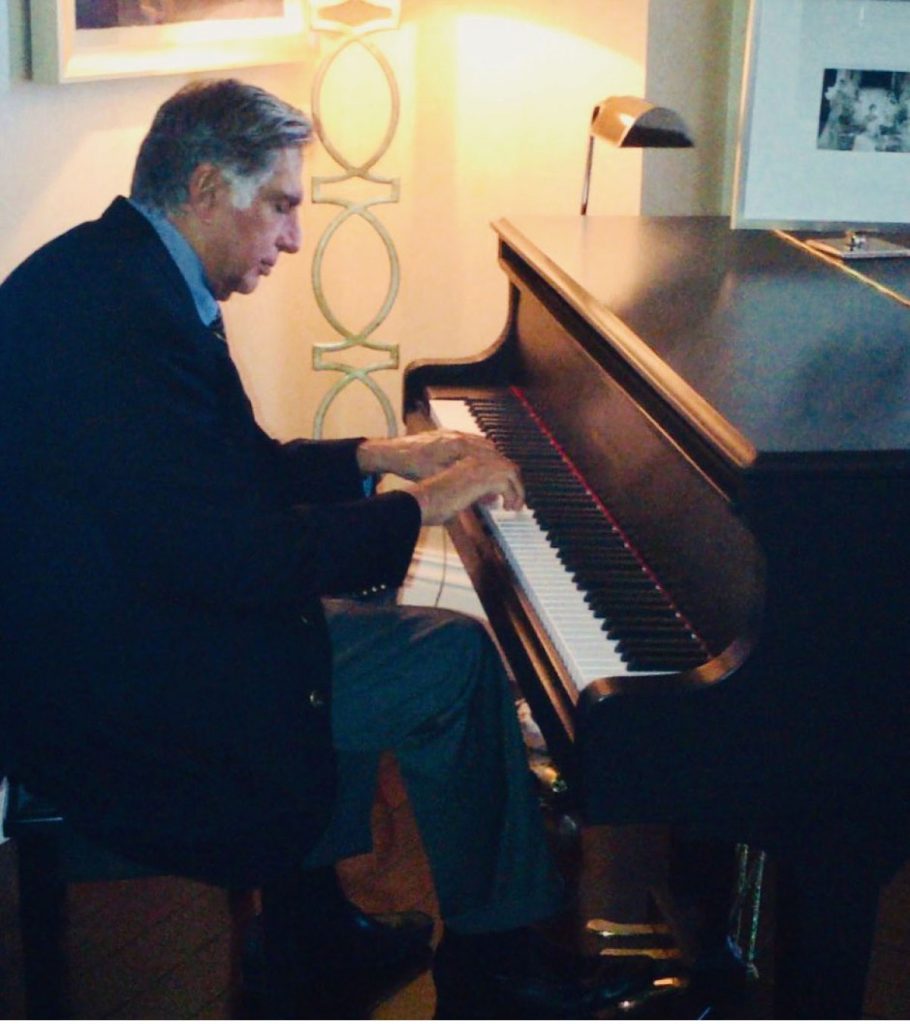
TISCO was already a giant and Mody was a trusted lieutenant of JRD for decades, and as the CMD of the steel giant, he decided to not only defy but also revolt against Ratan Tata. Several interesting games were played with the major politicians of the day, and JRD who had never kowtowed with politicians in his life, was forced, at 87, to dash to Delhi in 1992 and meet the then PM Narasimha Rao and FM Manmohan Singh to lobby for Ratan, who he had appointed as chairman of Tata Sons. But the two sent him back with his own mantra — it would be better for the Tatas to sort out their own affairs and solve their problems internally.
After many ups and downs, Ratan Tata got the board of Tata Sons to pass a resolution to retire all company chairmen when they turned 75. He himself was 54 then. Even though this decision affected all the old boys in the Tata stable, including Darbari Seth, S A Sabavala, Jamshed Bhabha, Nani Palkhivala, etc, Mody, who was then 74, took it personally and found a loophole that technically TISCO was not answerable to Tata Sons and the holding company did not wield the economic clout to translate its diktat into action.
Mody drummed up political support, got the trade unions on his side, etc, and really muddied the waters for the new heir of JRD. But finally, Ratan Tata outmanoeuvred the man who had joined the Tatas when the former was born — exactly 54 years ago.
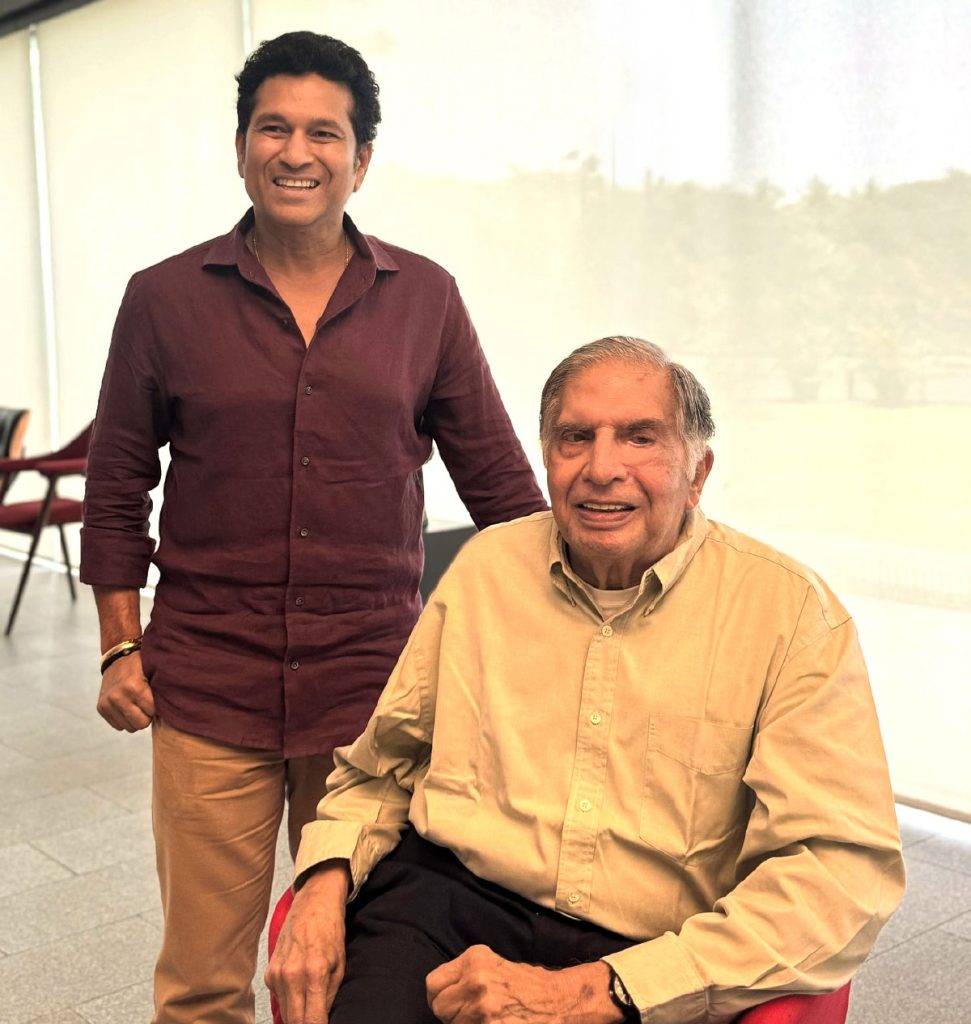
The next major ordeal Ratan Tata faced was in Tata Motors, where in 1998, under his personal interest, initiative and guidance, Tata Indica, India’s first indigenously designed and manufactured car was launched. Tata’s dream was to take on the Japanese and American cars that were then flooding the Indian market. But the Indica sales were tepid, and the company’s finances were so bad that Ratan Tata had to consider selling Tata Motors.
Ford Motors was a contender, and in 1999, the Tata chairman, with his team, flew to the US to negotiate the sale. In that meeting, the Ford chairman, Bill Ford arrogantly taunted Ratan Tata for entering the passenger car segment without understanding it, and even said he was doing them a favour by buying Tata Motors!
Unable to stomach this insult, Tata walked out, scrapped the deal, and taking a clue from his never-give-up spirit, resolved to work much harder on their passenger car segment, improving the vehicles’ fuel efficiency, making them safer, etc. The results can be seen from the leadership Tata Motors has taken in the EV passenger car segment, the company moving into the black and its share price going up from hitting a low of around ₹67 in 2019 to a high of ₹1,179 in 2024!
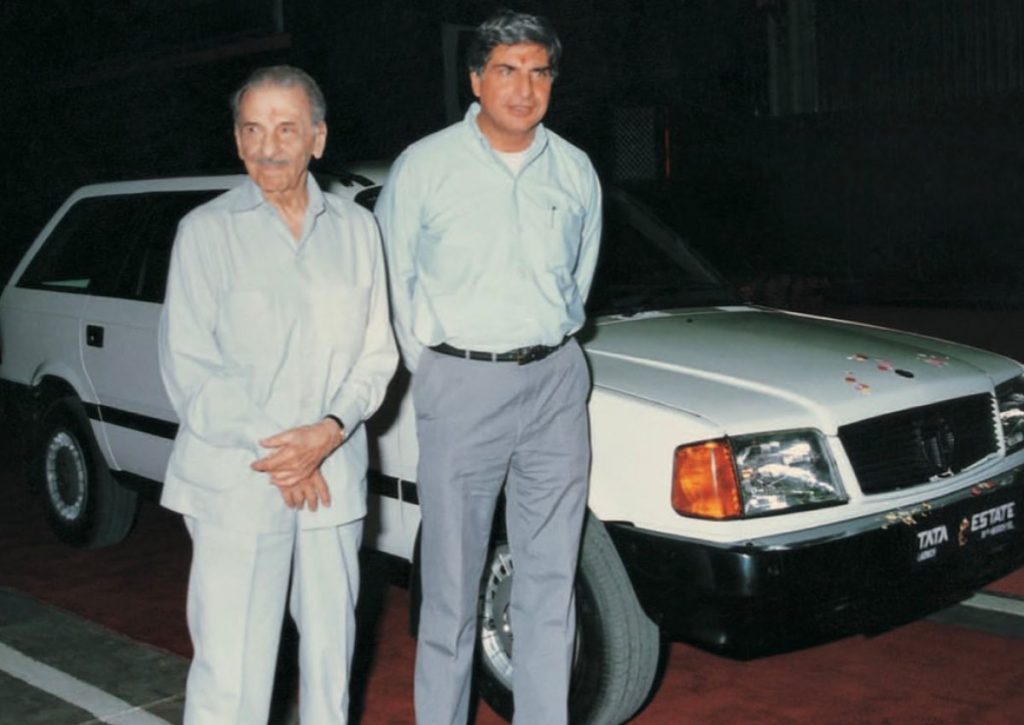
Ratan Tata had his sweet revenge moment during the great recession of 2008, when Ford Motors had to sell many of its subsidiaries such as Volvo and Hertz, and was looking at suitors to buy the loss-making Jaguar and Land Rover. Tata Motors, steered by Ratan Tata’s personal interest and passion for luxury cars, entered the fray and closed the deal. Not only that, Tata Motors turned these businesses into some of the most profitable automobile divisions in the world!
As eulogies pile up for India’s best loved business leader in decades, the man will be most remembered for showing by example that it is possible in India to do extremely profitable business without bribe and corruption. With him at the helm, the integrity associated with the Tata brand scaled new highs. The British weekly The Economist summed this up neatly when it commented: “Even in difficult times, the Tata Group under his leadership was seen as a uniquely benign employer. It did not swindle, it paid its debts, it stood behind its products — and it was largely, if not entirely, free from scandal.”
An AKS member
Did you know that Ratan Tata was an AKS member? It is well-known that JRD was a member of RC Bombay and loved to attend its weekly meetings. Well, Ratan Tata too was an honorary member of this club for well over 25 years!
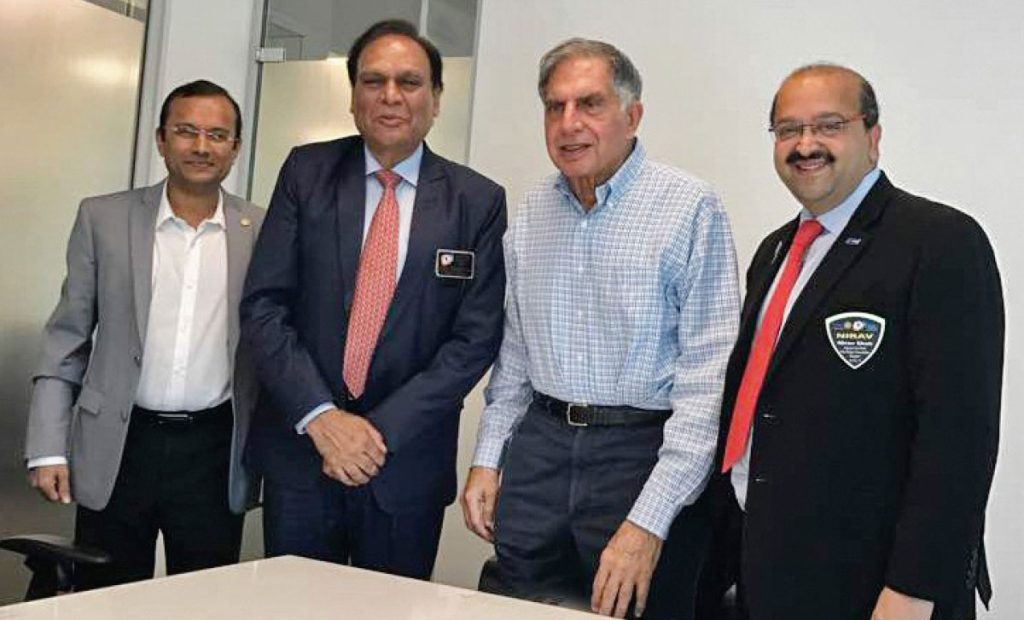
In 2017, with some gentle coaxing, he became an AKS member, and he handed over a single cheque of $250,000 from the Tata Education and Development Trust to past president of the club Nirav Shah in the presence of the then RID 3141 DG Gopal Mandhania. With this, he became the fourth AKS member from RC Bombay during 2016–17. Recounting how Tata had been inducted into the distinguished gallery of AKS members, Nirav Shah said that a few months earlier, he was approached by a friend saying that Ratan Tata wanted to see some 500 vintage cars. “I said I would organise that, but in return I wanted an audience with Tata.” At that meeting Shah made a personal request to Tata, and it happened!
Some famous Ratan Tata quotes
- The day I’m not able to fly will be a sad day for me.
- Ups and downs in life are very important to keep us going, because a straight line even in an ECG means we are not alive.
- Be persistent and resilient in the face of challenges, for they are the building blocks of success.
- Take the stones people throw at you, and use them to build a monument.
- If you want to walk fast, walk alone. But if you want to walk far, walk together.
